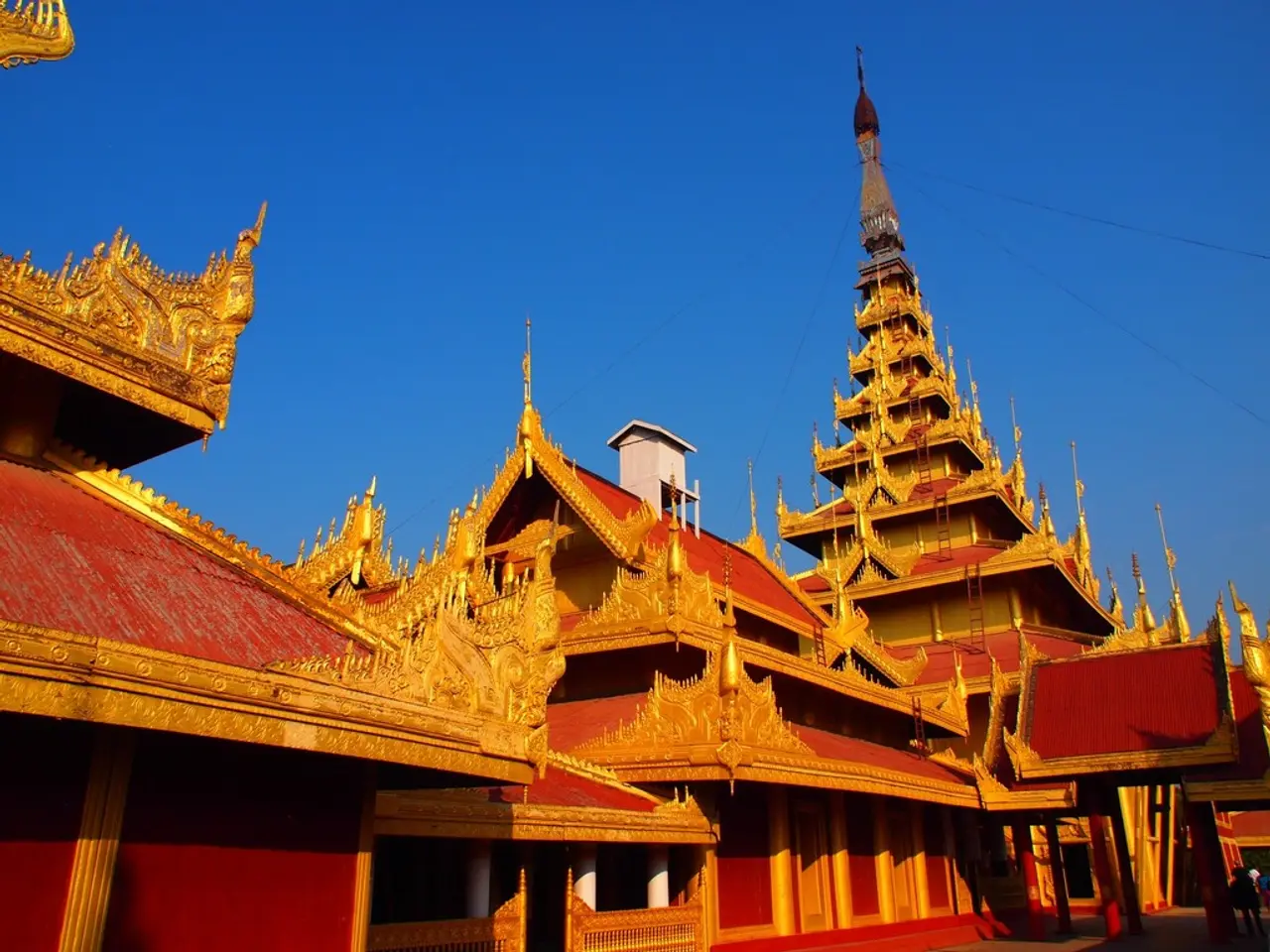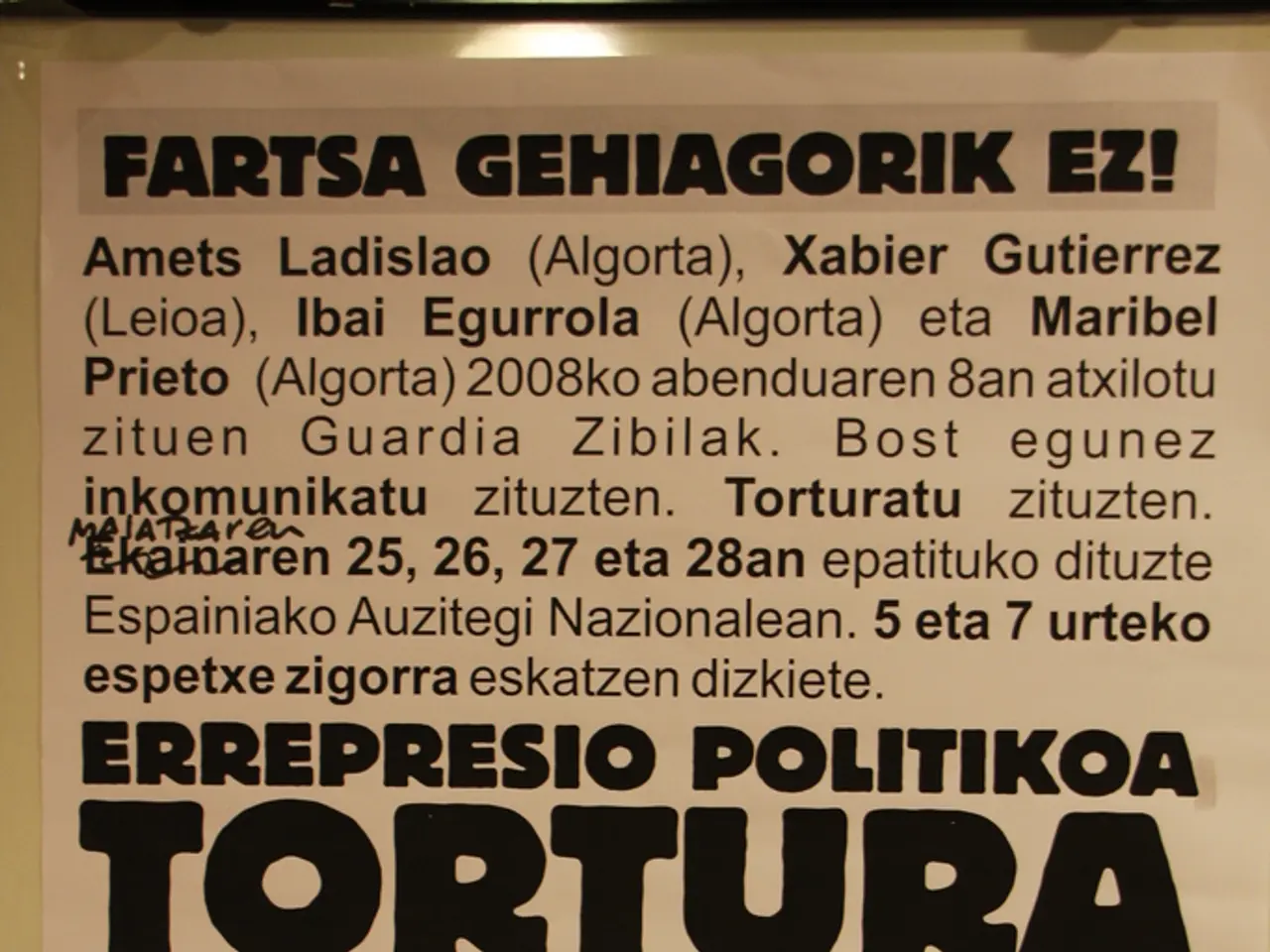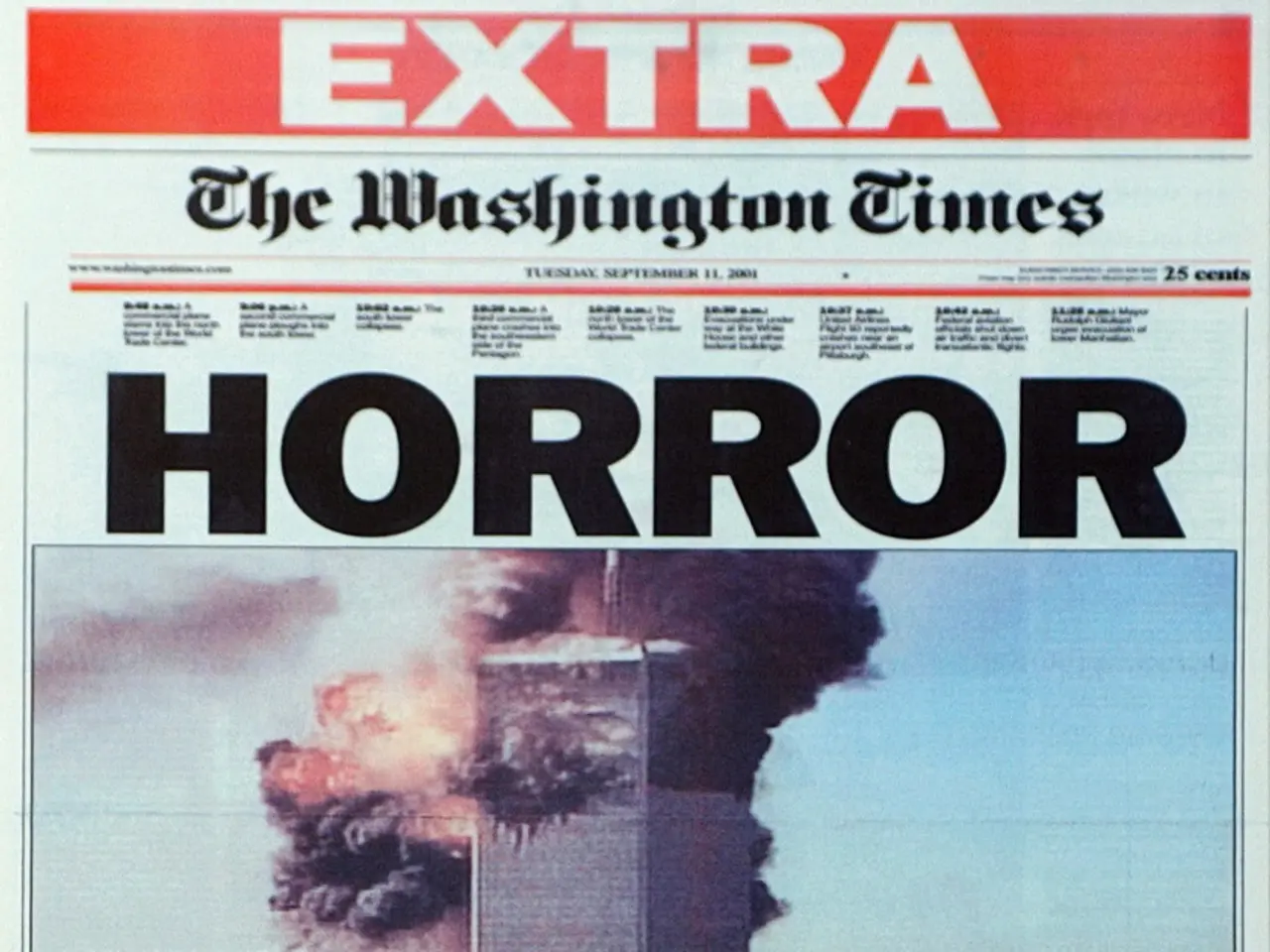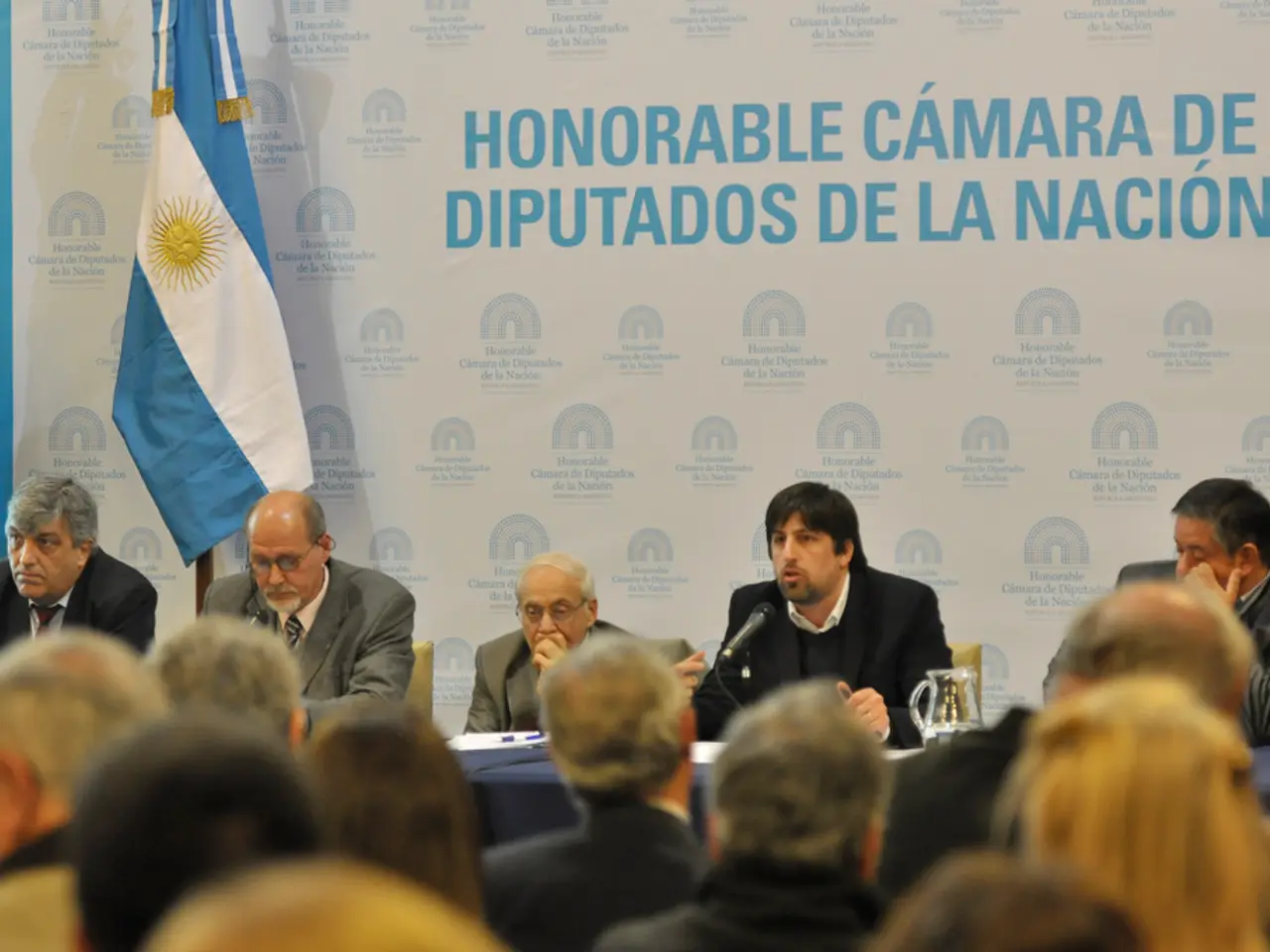Diplomats from both Thailand and Cambodia to venture across their shared border, as a precarious truce remains in effect
After a week of intense border fighting, Thailand and Cambodia reached an immediate ceasefire agreement on August 1, 2025. The truce, brokered by Malaysia and China, was agreed upon by the acting prime minister of Thailand, Phumtham Wechayachai, and Cambodia's Prime Minister Hun Manet.
However, the ceasefire remains fragile and marked by repeated accusations of violations from both sides. Major General Chan Sopheaktra of Preah Vihear province stated that the Cambodian military has been strictly adhering to the ceasefire agreement, but there had been two ceasefire violations by Thai forces since the agreement took effect. Thailand, on the other hand, has accused Cambodia of multiple ceasefire violations, including alleged hostile actions and attacks shortly after the truce began.
Despite these accusations, no heavy artillery has been used since the ceasefire, and small-scale clashes and exchanges of gunfire have continued intermittently. Both sides remain in talks to solidify peace, with diplomatic efforts ongoing.
Thailand and Cambodia have planned border visits for foreign diplomats to observe damage from the nearly weeklong clashes. Cambodia held a similar border trip on Wednesday attended by representatives from 13 countries, including the US and China. Thailand's Ministry of Foreign Affairs is organizing a border trip for military attachés and media on Friday to show the impact of the clashes on the ground.
Thai foreign minister Maris Sagniampongsa stated that the captured Cambodian soldiers are being well taken care of and will be returned once Thailand is confident they no longer pose a threat. Cambodian Prime Minister Hun Manet is in contact with Thai counterparts to facilitate the return of about 20 Cambodian soldiers captured by Thai forces.
The ceasefire was a "vital first step towards de-escalation and the restoration of peace and security," according to Malaysian Prime Minister Anwar Ibrahim. Despite the ongoing tensions, both countries are hopeful that the ongoing negotiations will lead to a lasting peace.
Tensions between Thailand and Cambodia have been growing since May, when a Cambodian soldier was killed in a confrontation that created a diplomatic rift and upended Thailand's domestic politics. Cambodia has announced plans to start military conscription in 2026, which may be related to the ongoing border tensions with Thailand.
Officials in Thailand's border province of Surin are cautiously surveying affected areas for any ammunition that might still pose a risk before allowing evacuees to return home. The return of peace to the region is eagerly anticipated by both countries and their neighbours.
[1] Cambodia-Thailand Ceasefire Holds Despite Accusations of Violations [2] Thailand Accuses Cambodia of Ceasefire Violations [3] Cambodia Demands Immediate Release of Detained Soldiers [4] Small-scale Clashes Continue Despite Ceasefire
- Despite repeated accusations of ceasefire violations from both Thailand and Cambodia, the ceasefire, brokered by Malaysia and China, remains a "vital first step towards de-escalation and the restoration of peace and security" in the war-and-conflicts-prone region, as stated by Malaysian Prime Minister Anwar Ibrahim.
- While the ceasefire between Thailand and Cambodia was reached on August 1, 2025, Thailand has accused Cambodia of multiple ceasefire violations, including alleged hostile actions and attacks, and Cambodia Demands Immediate Release of Detained Soldiers, according to news reports on general-news outlets.





